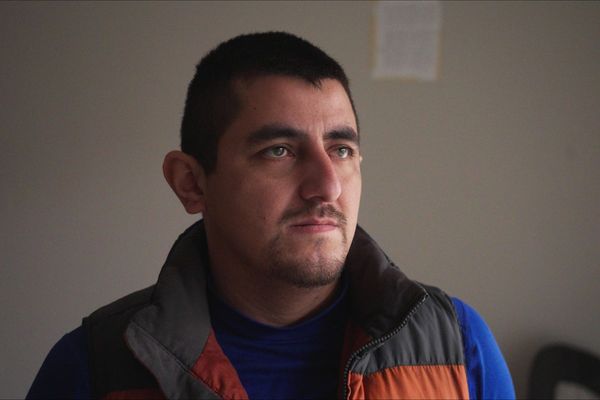
An Indonesian fishing village has been inundated with tonnes of rubbish after recent heavy rains resulted in stronger tides.
Teluk, in the Indonesian province of Banten on the western edge of Java island, has one of the country’s dirtiest beaches. But the arrival of tonnes of rubbish on the shore has shocked residents.
Solikah, an Indonesian housewife living in the fishing village of Teluk, was in tears as she pointed to piles of trash strewn on a beach close to her home of 40 years.
“You can’t predict the weather,” the 58-year-old told Reuters.
Fikri Jufri, who works with the community cleaning beaches in Teluk, said the rain had led to the pile-up of rubbish.
“Every year, the rain and wind carries trash from the sea to the shore,” he said, adding mountains of plastic waste have for years made their way to the sea through rivers, but the tides bring them back ashore.
Biscuit and toothbrush cases, instant noodle packages or even sandals are regularly strewn on the beach, where villagers live on the shore.
Images from Teluk on 15 March showed piles of rubbish containing a hat, plastic bags and a plastic spoon inundating the beach. One photo showed a chicken with a rubber band in its mouth walking among the detritus.
Indonesia is one of the world’s biggest contributors of plastic waste that ends up in the sea.
In a sample of 280 Indonesian cities and districts, 33 million tons of waste was produced in 2022, 36% of which did not end up in landfill. Most of the country’s food and plastic waste landfills are overcrowded.
In many areas, local youth have launched efforts to clear up the rubbish; in Indonesia’s third largest city, Bandung, in West Java a group of five young men amassed 9 million followers on TikTok and Instagram for cleaning up their homes rivers and beaches after flooding in 2022.
A video of a group of young environmentalists raking up tons of trash in Teluk in 2023 went viral on social media app TikTok.
Despite the waste, the biggest complaint of local fishers is how the weather unpredictability affects their livelihood.
Jayadi, 33, said high tides during the rains have prevented him from going fishing, lamenting that income will be hit just as his family prepares to celebrate the Islamic Eid al-Fitr festival next month.
“Many villagers will cry because they cannot buy rice if the weather continues like this,” he said. “Last year around this time the sea was calmer, so we could find fish, squids.”
Indonesia is expecting a milder dry season this year, its meteorological agency said, starting later than usual in May and June for Java.
With Reuters







